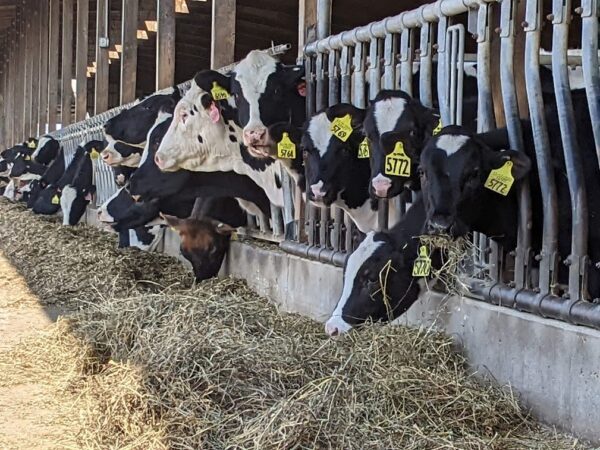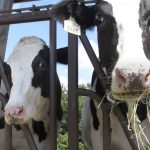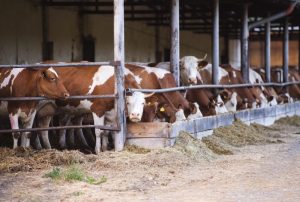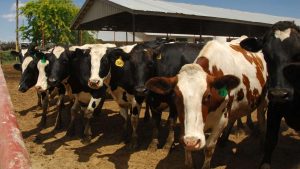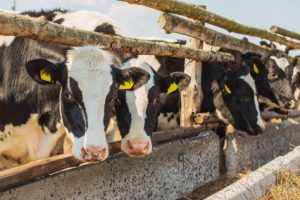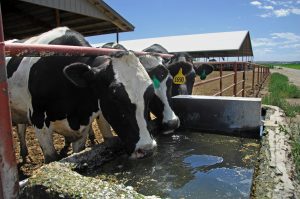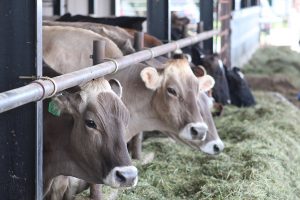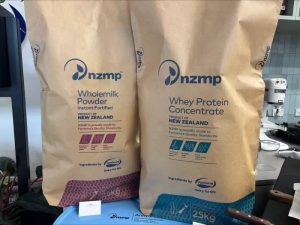
A Michigan State University researcher says strong biosecurity practices on dairy farms have limited the transmission of highly pathogenic avian influenza in cattle.
Large animal veterinarian Dr. Zelmar Rodriguez in the College of Veterinary Medicine tells Brownfield, “There hasn’t been in Michigan any spontaneous outbreak, that means that transmission was not likely because bird to cattle, but because cattle to cattle.”
He says increasing cattle isolation has been a good prevention strategy for farms.
Rodriguez says he and other researchers across the country are coordinating trials with the USDA to study how the virus impacts dairy cows.
“Trying to get those risk factors, trying to know which cows are more likely to get the disease, trying to identify the timelines,” he shares. “Hopefully in a couple of months we will have some answers.”
He says milk production from infected cows does drop during the illness, but most animals fully recover.
AUDIO: Dr. Zelmar Rodriguez, MSU College of Veterinary Medicine
You can now read the most important #news on #eDairyNews #Whatsapp channels!!!
🇺🇸 eDairy News INGLÊS: https://whatsapp.com/channel/0029VaKsjzGDTkJyIN6hcP1K
